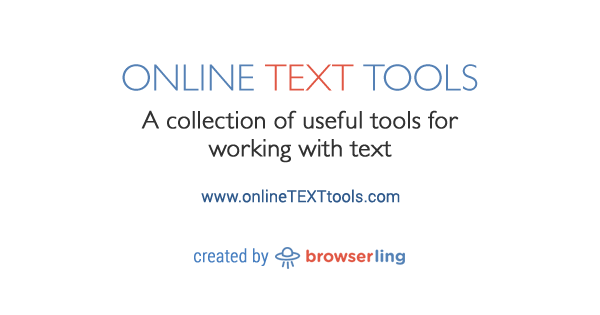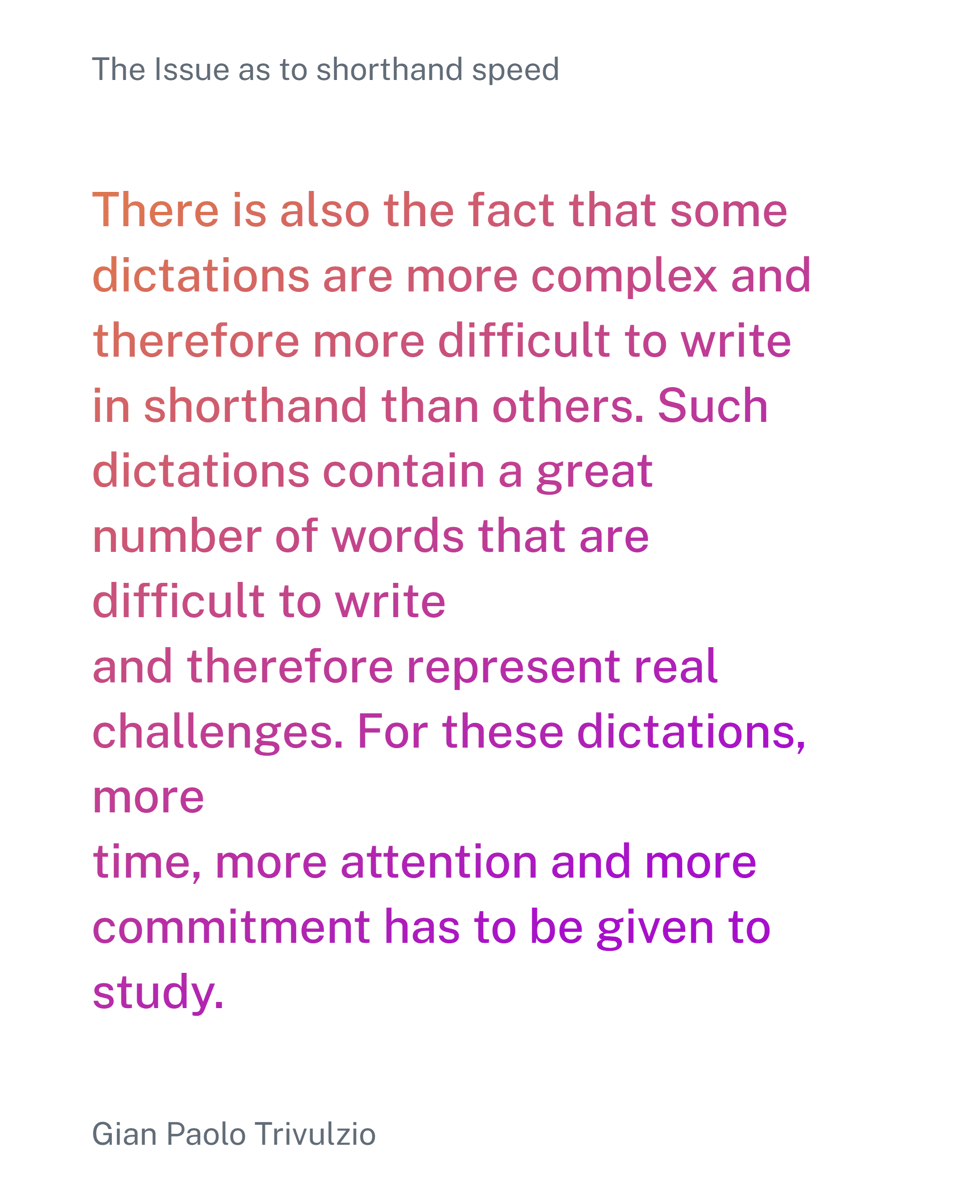LLTT Newsletter #7 - October 2023

LLTT - Issue #7 - October 2023

In this issue, we discuss an idea called "Purple Belt Living" before exploring what the old shorthand magazines might be able to teach us. We then wrap up with some thoughts on embracing mistakes. Those pesky blunders have an uncanny ability to strike fear into the hearts of too many students and it's time to shift your perspective on them.
Purple Belt Living
In Brazilian jiu-jitsu, progression through the coloured belt system represents a practitioner's journey from beginner to expert. Those who have just started out wear the white belt, symbolising a blank slate. After years of dedicated training, the few who reach the highest levels of mastery earn the coveted black belt.
In between these two extremes lies the purple belt. Those who don the purple have advanced well beyond white belt novices, overcoming many hurdles and refining their techniques substantially. However, purple belts have not yet attained the Zen-like mastery of jiu-jitsu that black belts represent. They are halfway through the journey.
It is this middle ground that makes purple belts uniquely valuable as mentors and role models. Rob Henderson coined the term "Purple Belt Living" to capture this mindset of seeking guidance from those who are not necessarily established experts, but are on the path towards mastery.
Purple belts can serve as accessible role models because their struggles are still fresh, making it easy to relate to purple belts and see their recent accomplishments as achievable goals. The knowledge of purple belts is practical and applicable because they themselves have overcome some of the challenges learners currently face. Their advice comes from direct experience conquering hurdles and refining techniques, not untouchable perfection. Purple belts can provide a realistic perspective on the work required for advancement, and act as a bridge between novice and expert.
This idea of Purple Belt Living might encourage us to seek guidance from those who are not necessarily at the pinnacle of mastery, but are a few steps ahead on any journey of growth and self-improvement. In school, look to those students a year or two ahead for study and time management tips. At work, connect with mentors who were recently where you are now. Their experience and practical advice might be just what you need as you navigate your own path.
In short, try to find those who have advanced substantially in their journeys but still grapple with many shared challenges. While you should always seek support from mentors and role models at all stages, don't forget to leverage the unique value of "purple belt" wisdom tailored to the current obstacles in your path.
Old Shorthand Magazines

Although published before Teeline shorthand was invented in the late 1960s, vintage shorthand magazines from the late 19th through mid-20th centuries offer enlightening historical lessons and motivation for today's shorthand learners (no matter what your chosen system is). Publications like The Stenographer, Typewriter World, Pitman's Journal, Gregg Writer, Today's Secretary and National Shorthand Reporter chronicled shorthand's evolution and growing professionalisation over decades.
While not Teeline-specific, these magazines provide invaluable perspective on the foundations of shorthand. Studying this vintage content allows students to connect with shorthand's rich history and community. The pages contain not just invaluable perspective, but motivation for mastery.
The commitment to diligent practice emphasised in historical articles remains essential for proficiency today. Practising passages, drills and speed tests were core activities, showing the dedication required. This can inspire modern students' practice.
Likewise, the professional development focus seen in career tips and workplace spotlights can motivate today's learners. Shorthand was promoted as an employable skill for everything from office work to academics. Understanding this professional heritage can reinvigorate students today.
The sense of community and shared tips in earlier magazines can also foster camaraderie now. Reader submissions, motivational success stories, and enthusiasm for shorthand created an inspirational culture. Connecting with this community can support today's learners.
Moreover, the diverse applications covered - from journalistic to legal, medical, governmental and more - highlight shorthand's versatility that remains relevant today. The wide utility across professions was a key feature, not just office work. This demonstrates enduring value.
In addition to motivation and perspective, many old business and productivity lessons from these magazines continue to impart useful knowledge. Advice on efficiency, organisation and professionalism often still rings true.
Here's a good example:
Frank Harrison's Shorthand Weekly
Embracing Mistakes
Mistakes, or as we like to think of them, those pesky blunders and mishaps, have an uncanny ability to strike fear into the hearts of many. We're often taught to avoid mistakes at all costs, to strive for perfection, or worse, to perhaps fear the consequences of failure.
We need to think differently. What if we shift our perspective and see mistakes not as failures, but as opportunities for growth?
Judgement: One of the primary reasons people fear making mistakes is the fear of being judged by others. Society often places a heavy emphasis on success and perfection, and as a result, we worry that our mistakes will make us appear incompetent or inadequate in the eyes of others.
Consequences: Mistakes can have consequences, and sometimes these consequences can be significant. Whether it's a financial loss, a damaged relationship, or a missed opportunity, the potential fallout from our mistakes can be daunting.
Self-Criticism: We are often our harshest critics. Making a mistake can trigger negative self-talk and self-doubt. Many people fear that their mistakes will confirm their own negative self-perceptions.
Changing Our Perspective on Mistakes
Learning Opportunities: Instead of fearing mistakes, view them as valuable learning opportunities. Every mistake is a chance to gain new insights, develop resilience, and grow as an individual. Remember that some of the greatest discoveries and innovations in history arose from mistakes.
Normalise Mistakes: Understand that everyone makes mistakes, regardless of their age, experience, or expertise. It's a natural part of being human. By normalising mistakes, we can reduce the stigma surrounding them and create a more forgiving and supportive environment.
Progress, Not Perfection: Shift your focus from achieving perfection to making progress. Perfection is an unrealistic and unattainable goal, while progress is a continuous journey. Embrace the idea that mistakes are stepping stones on the path to improvement.
The Importance of Paying Attention to Mistakes
Learning and Growth: Mistakes offer powerful lessons that can't be learned through success alone. When you pay attention to your mistakes, you gain insights into what went wrong and how to do better next time. This knowledge is instrumental in personal and professional development.
Preventing Repetition: Ignoring or downplaying mistakes can lead to a cycle of repeated errors. By paying attention to your mistakes, you can identify patterns and take proactive measures to prevent them from happening again.
Resilience: Resilience is the ability to bounce back from adversity. When you confront and learn from your mistakes, you become more resilient. Over time, you'll find that you're better equipped to handle challenges and setbacks.
Enhancing Self-Awareness: Paying attention to your mistakes fosters self-awareness. You gain a deeper understanding of your strengths, weaknesses, and areas for improvement. This self-awareness is a cornerstone of personal and professional success.
Remember, in the grand tapestry of life, mistakes are not stains but threads that weave the fabric of our unique and remarkable journey.
Interesting Links
A curated collection of interesting links that may ignite your curiosity or broaden your horizons.
Music Theory for Musicians and Normal People
https://tobyrush.com/theorypages/index.htmlA free (PDF) resource on Music Theory Fundamentals.
Online Text Tools

Online Text Tools – Simple, free and easy to use text processing utilities
World's simplest collection of browser-based text processing utilities. Generate, convert, replace, filter, encode, decode text, and much more.
Online Text Tools offers a collection of useful text processing utilities. All text tools are simple, easy to use, and they share the same user interface. Once you learn how to use one of the tools, you'll instantly know how to use all of them. The utilities work right from your browser and don't require downloads and installs.
HOW TO MEMORISE LINES INSTANTLY (SERIOUSLY)
If you're an actor, or just someone who needs to memorise some lines of text real quick, check out this technique. It's an interesting little hack and reminiscent of shorthand!
Recent updates
Expanded Quizlet sets
Meteorologist gives advice about protecting ourselves from the heat
Soundcloud
As of this month, there are more than 366 graded audio dictation files available for your revision work on Soundcloud.
Stay tuned and subscribe for the next issue where we share:
Why lists in a dictation can be tricky and some thoughts on handling unseen dictation that's too fast.
Thanks for reading!
Visit us at the LLTT Website, YouTube, Twitter, Facebook, Instagram, Quizlet and Soundcloud.
If you have suggestions or topics you'd like to see covered in future newsletters, please contact us: https://www.letsloveteelinetogether.com/contact-us.
If you find this newsletter helpful, please forward to a Teeline friend and suggest they sign up!
A Parting Thought

"Don't Get Worried. Don't Get Stressed. Let's Love Teeline Together."

Add a comment: